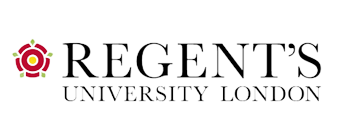A liberal arts degree gives you the freedom to focus on the subjects that most interest you. You’ll concentrate on a major area of study while maintaining a breadth of learning spanning the arts, humanities and social sciences.
The Criminology Major
The Criminology Major offers a multidisciplinary approach to studying crime and deviance. Drawing on a wide range of social sciences including sociology, law, politics and psychology, this major complements the liberal arts ethos and offers an ideal foundation to explore other major subject areas.
From homicide and fraud to terrorism and cybercrime, this major covers a wide variety of criminal offences and key concepts in criminological thought. You will explore the origins, extent and causes of crime and its impact upon society. By approaching crime from both the perspective of the ‘victim’ and the ‘offender’, this major will challenge your common-sense beliefs about crime and justice.
Modules reflect both a theoretical and practical approach to criminal studies. You’ll cover topics such as laws and legal processes, equality and justice, policing and punishment, crime prevention and the criminal justice system.
Forensic psychology is a key activity within the field of criminology. You’ll learn the basic principles of this social science and its application within the context of criminal law.
Opportunities to visit courtrooms and hear from criminology professionals will help to contextualise your studies and expose you to criminology in practice.
Elective modules will help you understand the breadth of this important discipline and also give you a broad skillset.
Options to learn a language and study abroad at one of our international partners will help expand your learning and global outlook.
This major will teach you how to draw larger conclusions about the nature and effects of crime in order to develop effective and humane methods for preventing it.














